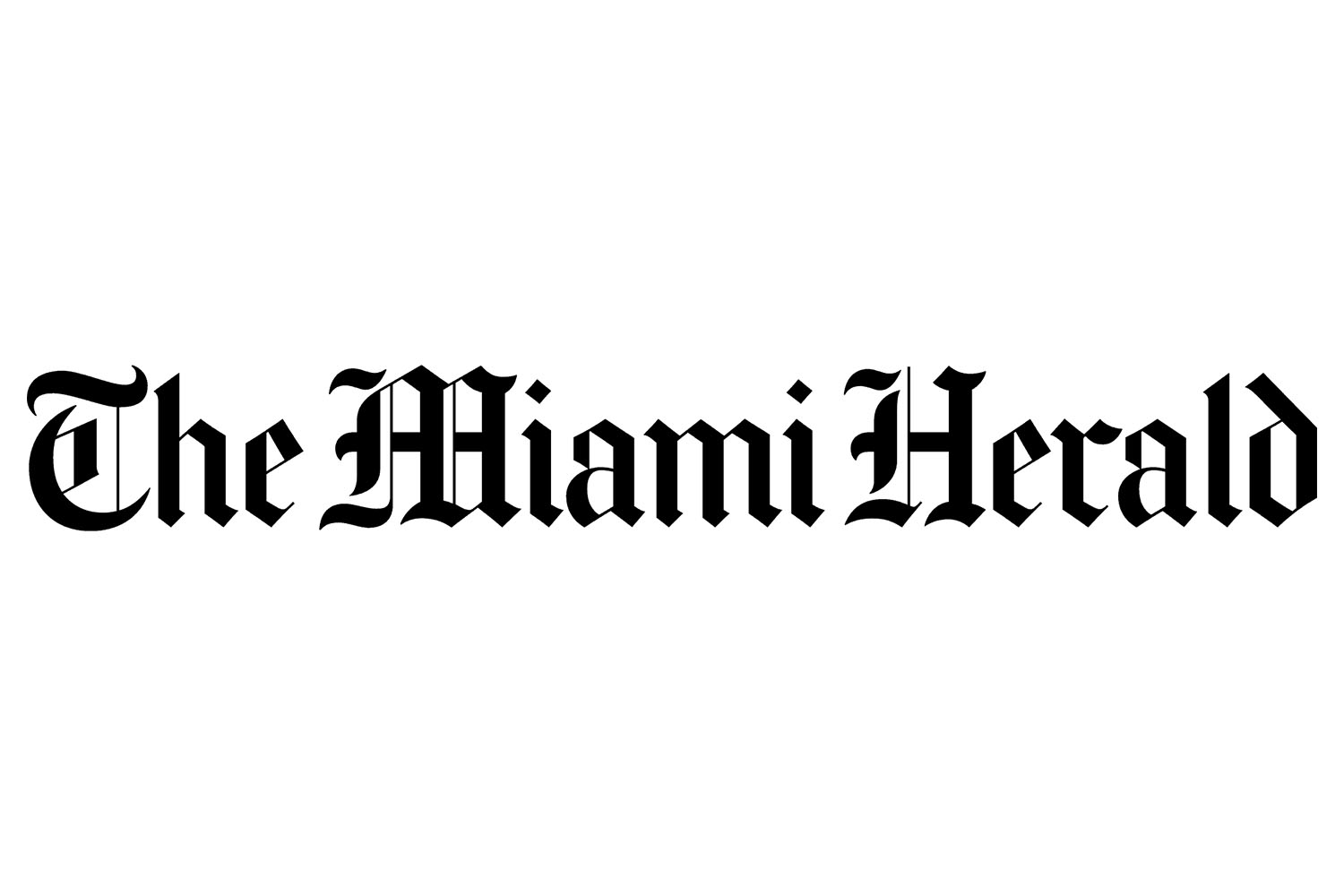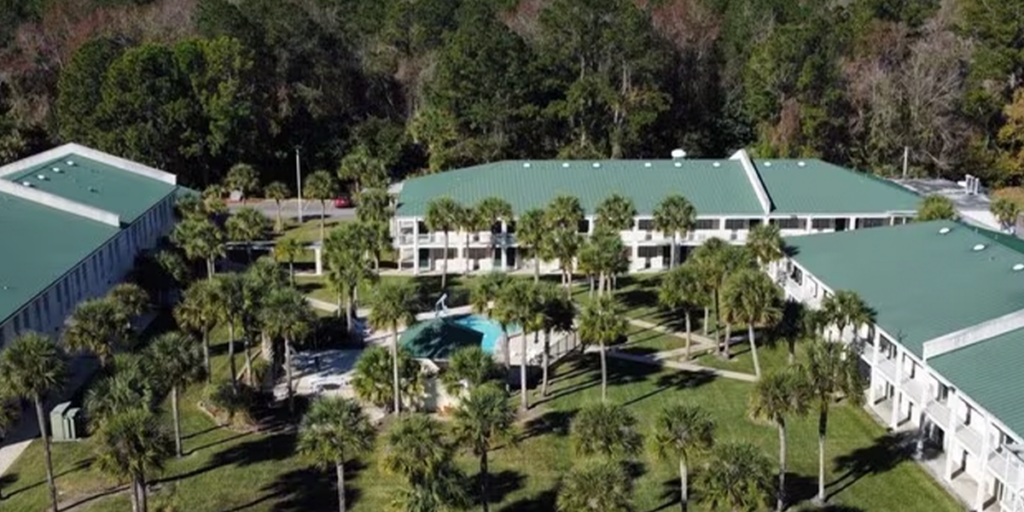May 2, 2016 / By Bernie Navarro
The shell companies highlighted in the Panama Papers have a direct impact on our local real estate market.
Although many of these offshore vehicles have a legitimate purpose, a significant number are set up to wash ill gotten gains for their owners. The offshore shell companies that buy real estate in South Florida have an accomplice in their intricate web of deceit; large sums of money are laundered by affixing a mortgage to these real estate transactions.
The scheme works like this: An offshore shell company buys a piece of real estate. Shortly thereafter, a Florida corporation (typically with a name that sounds like a financial institution), specially created to participate in the scheme, places a mortgage loan on the property. Next, the shell company pays the Florida corporation’s monthly mortgage payments and ultimately pays off the mortgage. The perpetrator now has so-called “clean” money in the United States.
In Florida, this scenario happens again and again through the use of unlicensed lenders or “shadow lenders.” Legitimate lenders are required to adhere to rigorous Bank Secrecy Act and Know Your Customer policies. Unlicensed “shadow” lenders operate in the shadows with no oversight.
How could this happen? Chapter 494 of the Florida statues, which governs mortgage loans, is lax in its interpretation of what constitutes a mortgage lender. A literal reading of the statute suggests that a loan on a one to-four-unit residential property that is not owner occupied, meaning the property is not being used primarily for the personal use of the borrower, is not deemed a “mortgage loan” and thus the lender is not required to be licensed.
If the government wants to truly get serious about curbing money laundering, then it must require real estate mortgages to be arranged only through licensed mortgage lenders.





